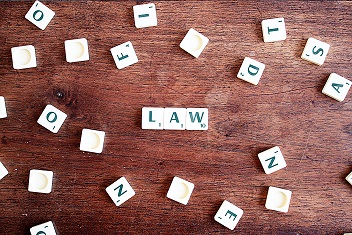How Polygraph Can Benefit Attorneys
Attorneys find Polygraph useful in order to verify factual disagreements over an issue, and can add to the credibility of the statement in question. Below are some examples of how polygraph can benefit the client’s testimony:
- Arbitration: Used in both Federal and State to resolve conflicting testimony.
- Civil Cases: Polygraph results can be used to resolve paternity suits, infidelity issues, settle child custody and visitation rights, verifying domestic abuse accusations.
- Motions to Suppress Evidence: Polygraph can be used to resolve conflicting testimony between the client and the arresting officer, also used concerning the legality of a search, seizure and or advisement of rights.
- Helpful When Negotiating a Plea Bargain: Verifying the truth of a subject’s testimony of an incident can can be used to bargain with the prosecution for a lesser charge or even a dismissal.
- Useful for Settlements: When polygraph results are accepted by both parties prior to a trial, it can result in a settlement, which can save time and money, along with the added expense, agony, and embarrassment of trial.
- Polygraph can help with Sentencing: Polygraph results can be very helpful to provide the court with a verified truthful testimony.
- Supporting Evidence: Also used as supporting evidence when an Examiner testifies as an expert witness, to the verified truthful statement. The polygraph, can also be used in conjunction with a psychiatric examination to provide the court with an expert opinion and verified truthful statement.
Polygraph examinations of clients fall under the doctrine of attorney-client privilege.
This was first established by Hickman v. Taylor. This was later codified in the Federal Rules of Civil Procedure rule 26(b)3. See more polygraph case law.
Do You Need An Investigator?
Contact Us, and we would be happy to recommend a local investigator.
Brad Cole own Diogenes LLC, with an extensive service area nationwide and may be able to help.
For computer security consultants, DMOZ has a good list. For a directory of forensics and incident response resources, check out ODP.

